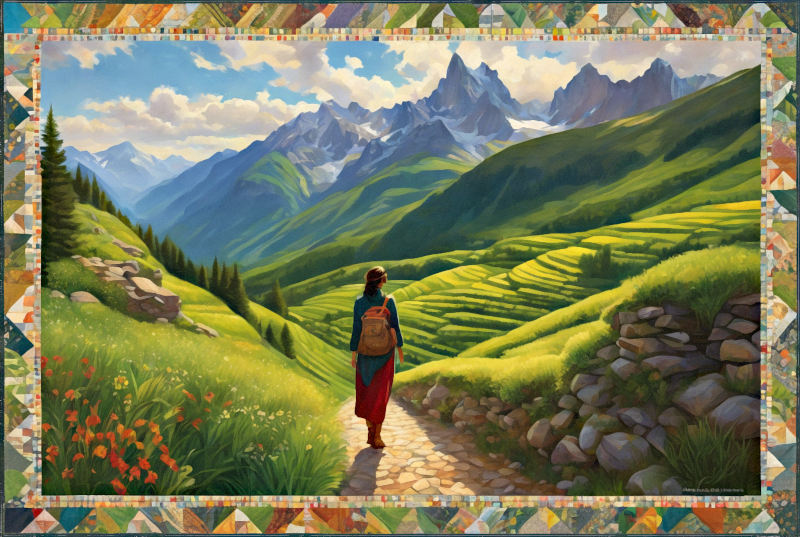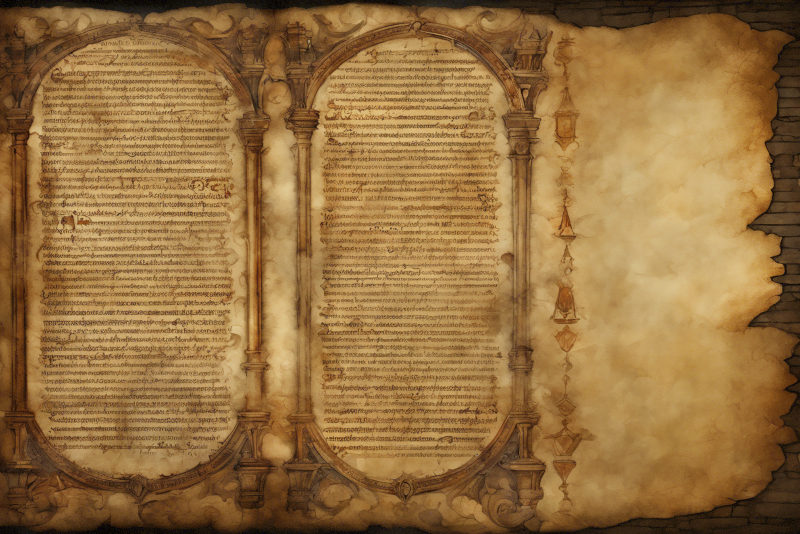-
Marriages. They make a lot of people think of grandeur, love, and joy. To be honest, though, planning one can feel like balancing on the edge of a big ocean with waves crashing all around you as you try to deal with the tide…

-
It’s funny how life seems to be clamping down on us tight. And what, with me going back to my blog after what seems like a very long time. Wait it is a long time. Though it didn’t feel like it. Still, a break…

-
It’s pretty cool to be able to sit around a table with paintbrushes in hand and be ready to enter the world of color and thought. In our busy lives, it’s easy to forget the small pleasure of making art with family. But when…

-
Democracy in 2024 As November 5, 2024 approaches, an exciting atmosphere can be felt. Everything is prepared for a big meeting between Vice President Kamala Harris and former President Donald Trump. These two people have different ideas for our country, but they also represent…

-
Our grandmothers cleaned with less aggressive products than we do today but I have never gotten the feeling that their homes were much dirtier than our homes. They relied on such things as baking soda, ash, vinegar, lemon… Thier techniques have been lost in…

-
The our species as well as the rest of this planet's life forms have been exposed to many dangers thanks to our lack of preservation of the environment. What has this brought us as a society? For one it has led to a rediscovery…
-
Roman music? In fact you will find fewer examples of music than one would think, given the Roman's culture inspired many aspects of our modern western society, Rome did not, however, contribute much to music as the Greeks did. Although they conquered their territories,…
-
The Origins of Rome History and legend blend irretrievably together when we attempt to explain the origins of Rome. Leaving aside what tradition tells, long before the city was founded, the peninsula of Italy was inhabited by many different groups of people. Some of…
-
The Muratorian fragment also called Canon Muratori, is the oldest known cast or index of the New Testament books. It was discovered by Ludovico Antonio Muratori (1672–1750), father of Italian historiography, in Latin from the 8th century, originating from Bobbio Abbey and discovered in…

-
Sometimes I am given pause to ask; "What can I do to contribute to nature conservation?" Here are some of the things that I have on my list to answer that question: Recycling Use less water Lower heating consumption Get around on the road,…
Blog
About
Life’s a painting and you’re the artist. But you are never finished. Each day is made up of a dozen different sketches, alone they will never be more than that, a sketch, yet they make up the context of our lives.
This is my sketch, one done with love.
Olivia
Recent Updates
Site Links

A Sketch…
…the Love
